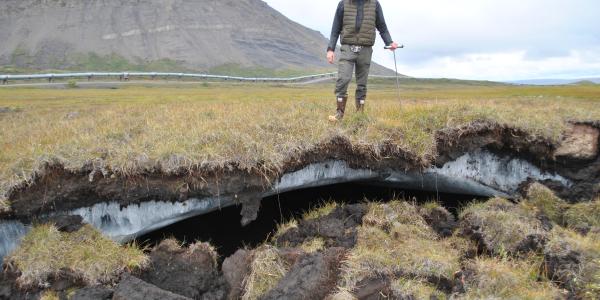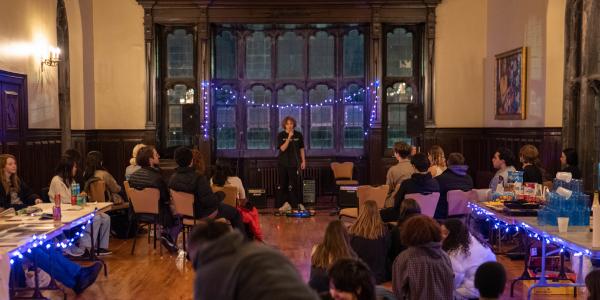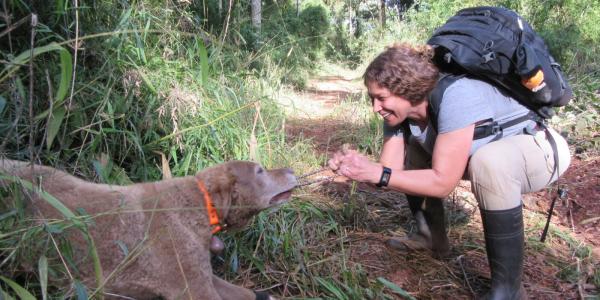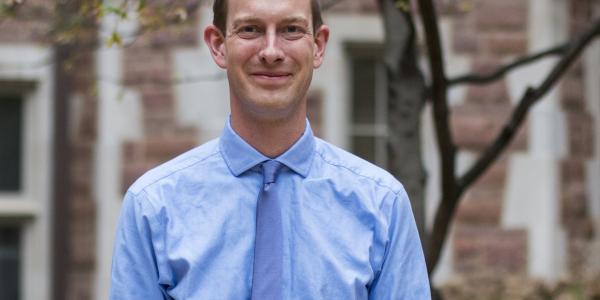

the ampersand
The latest news and updates from Arts & Sciences


Radar can help fight wildfires, identify flash-flood risks

We are all migrants to WashU

Supporting the next generation of STARS

Schaal elected member of American Philosophical Society

Tavits’ ‘Voicing Politics’ wins Robert E. Lane Award

A dog’s work: Rescue animal goes all in for wildlife conservation

Wonder, enchantment and the epic of evolution

Fighting loneliness by finding purpose

Glitches in the matrix

Gayle installed as John H. Biggs Distinguished Professor in Economics

